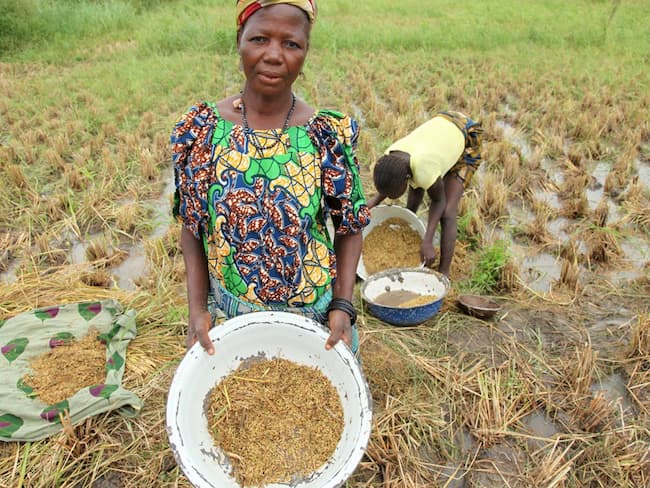The All Farmers Association of Nigeria (AFAN) is urging the Nigerian government to establish food banks in all six geopolitical zones to address the country’s food security challenges effectively. According to AFAN President Kabir Ibrahim, such food banks would ensure sustainable food security and help alleviate the rising food prices across the nation.
While acknowledging the commendable one-off releases of grains from the National Food Reserve by the Federal Government, Ibrahim emphasized the need for a more comprehensive approach. He pointed out that these releases primarily consist of dried grains such as wheat, millet, and maize, which may not meet the diverse food demands of citizens in different states.
Ibrahim highlighted the importance of establishing veritable food banks in all regions, tailored to the specific food preferences and requirements of each locality. He stressed that a robust food system encompasses various factors, including food production, storage, processing, distribution, and consumption.
In response to President Bola Tinubu’s directive to release over 102,000 metric tonnes of grains from the National Food Reserve and the Rice Millers Association of Nigeria to address the food crisis, Ibrahim reiterated the necessity for a sustainable solution. He emphasized the importance of adequate security for farmers to facilitate seamless farming activities and called for investments in processing facilities and value addition to enhance sufficiency and reduce import dependency.
Moreover, Ibrahim advocated for the provision of cold storage facilities and efficiently managed dry storages to minimize post-harvest losses and extend the shelf life of farm produce. He emphasized that regional food banks would facilitate the efficient distribution of agricultural products from production centers to areas of need, thereby optimizing the food supply chain.
Highlighting the significance of controlled consumption to reduce waste and mitigate climate change impacts, Ibrahim emphasized the need for coordinated efforts by the federal and state governments, as well as local authorities, to achieve sustainable food security objectives.
While Nigeria currently operates strategic food reserves mainly storing dried grains, AFAN’s proposal for food banks encompasses a broader range of food items, addressing the diverse dietary needs of the population. Additionally, community seed banks aim to preserve local crop varieties and ensure a stable supply of planting materials for future agricultural seasons.











